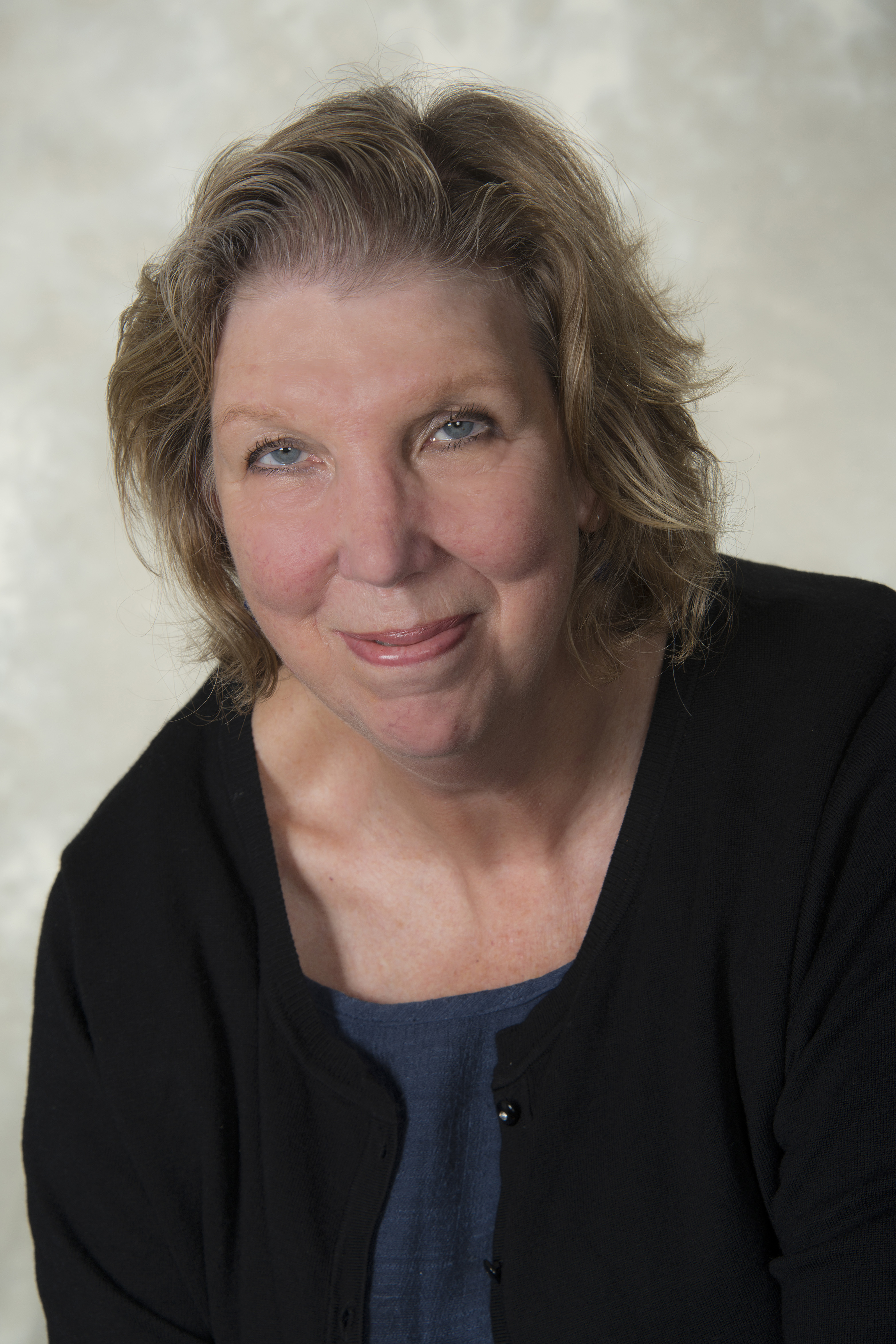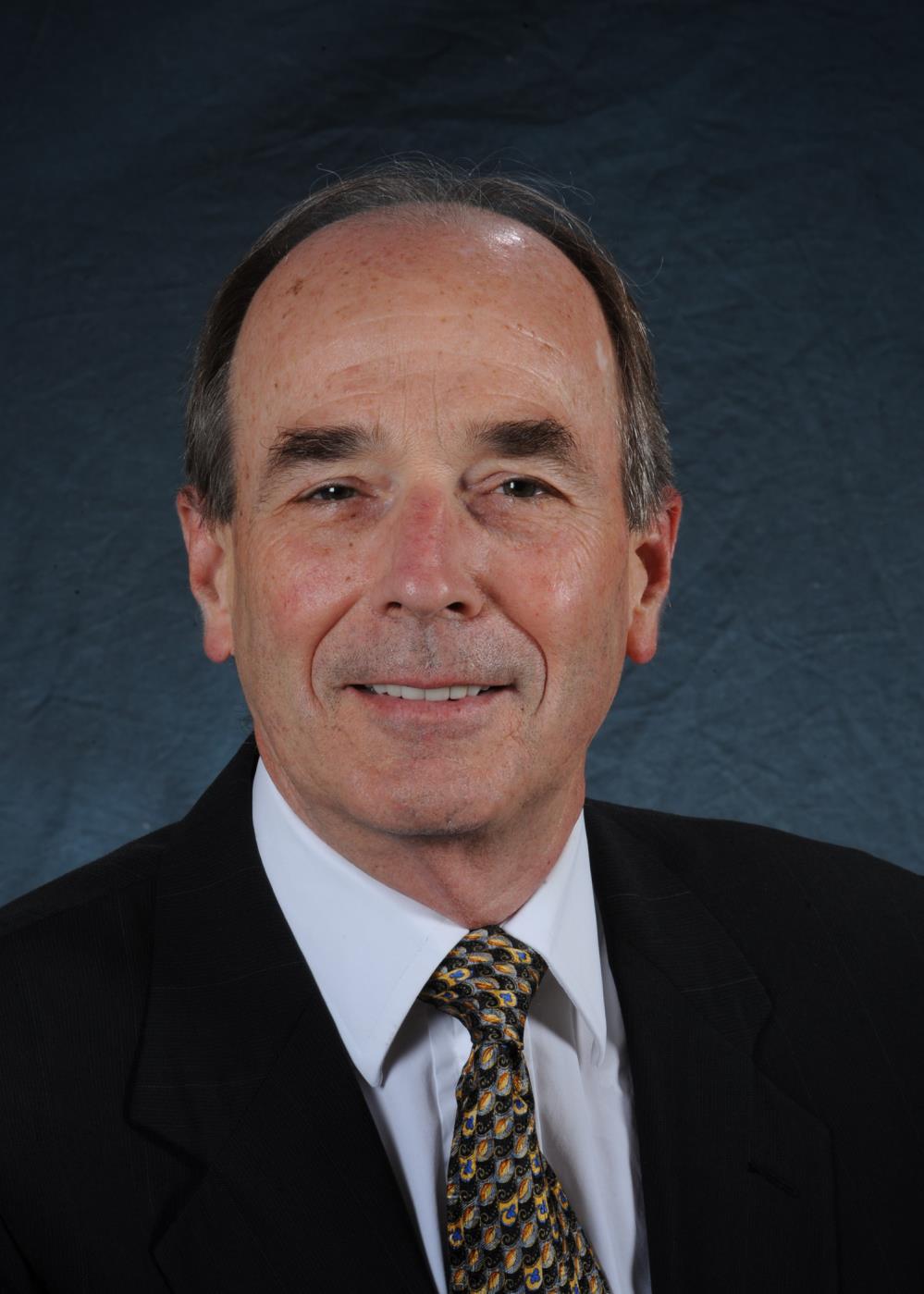Autism and Education: Current Practice, Issues and Emerging Trends
Education for all in the mainstream is seen internationally as a basic human right and in some countries this is enshrined in legislation. As a result all over the world increasing numbers of young people with autism are being enrolled in mainstream schools. In Australia for example nearly 3% of children in mainstream schools in Queensland have a diagnosis of autism which means that most teachers can expect to have at least one child with autism in their class each year. However when it comes to school young people with autism have described themselves as ‘square pegs in round holes’, referring to the fact that mainstream school can be hugely challenging for students with autism. The mismatch between schools and students with autism has resulted in a disproportionately high number of students with autism failing in our schools. Educational outcomes for young autistic people in terms of employment, transition to tertiary education, and quality of life continue to be poor relative to their potential and in comparison to both the typical population and other disability groups. The personal cost for the autism community (parents, professionals and people with autism) is high, as is the societal cost with the consequent long-term need for resource intensive care. Most importantly society currently fails to benefit from considerable skills and talents of the autistic population.
In this presentation we will examine the perceptions of stakeholders (parents, professionals and autistic people) in relation to the inclusion of students with autism in education and in particular the perceived facilitators and barriers. We will consider the issue of co-morbid mental health issues and autism, with a focus on stress, anxiety and anxiety disorders and discuss prevention and management. The focus of the final part of this presentation is a discussion of a capacity building model designed to improve educational outcomes for autistic students and for mainstream schools. The model incorporates what we know about good practice in autism education and focuses on a leadership driven approach designed to implement change at a whole school level which benefits all students including those with autism. The Successful Schools for Students with Autism (SSSA) model was tested in Queensland schools. The key objective was to improve outcomes for both school communities and for students with autism with twin goals of increasing teacher sense of competence and increasing engagement of students with autism. Target focus areas nominated by schools involved in the project included (in order of priority): professional development; conditions for learning; shared leadership; curriculum and teaching; parent and community support. The results of this applied research project will be presented and discussed focusing on what can be done in practice in mainstream schools to improve outcomes for students with autism.

Professor Jacqueline Roberts
In 2011 Professor Jacqueline Roberts was appointed as the inaugural Chair of Autism to lead the Autism Centre of Excellence (ACE) at Griffith University, Brisbane Australia. Prior to 2011 she worked in other states of Australia in schools for children with autism as a teacher, speech language therapist, principal and senior administrator. She has also worked as a consultant in autism and held several short-term fractional appointments at universities teaching autism studies and leading/managing research projects including being responsible for the development and delivery of content in the Australian Autism Education and Training Consortium (AAETC) Positive Partnerships programme. In her current position Professor Roberts leads a programme of research into autism and a graduate programme of autism studies. The main focus of the research programme at ACE is autism, learning, behaviour and education. Professor Roberts leads a large longitudinal research project which is part of the national Living with Autism CRC and several research consultancies such as one current project with the Queensland Department of Education to develop an on-line tool which can be used by teachers and parents to manage problem behaviours. Professor Roberts has published widely in autism and co-authored a book for parents, Understanding Autism: The Essential Guide for Parents with Professor Katrina Williams, second edition 2018.
Preparing Students with ASD for the Future: Good Practices in
Secondary Schools
The combination of adolescence, high school environments, and autism spectrum disorder (ASD) creates a complex situation that requires a comprehensive response. Professor Odom will begin with a description of the range of functioning abilities that exist across the spectrum and the need for programmes to address the full range of educational needs. He will describe a comprehensive treatment model developed in the United States, which is based on a foundation of programme quality and evidence-based practice. The programme has four features that focus on social skills and peer relationships, independent behaviour, academics (literacy), and transition and families. Interventions and curricula for each of the features will be described.

Professor Samuel L. Odom
Professor Samuel L. Odom is the former Director of the Frank Porter Graham Child Development (FPG), The University of North Carolina at Chapel Hill, where he remains as a Senior Research Scientist. He is the author or co-author of over 150 journal articles and book chapters and has edited 10 books on early childhood intervention and developmental disabilities. His current research is addressing treatment efficacy for children and youth with ASD in elementary and high school grades. Also, he is the Co-Director of the National Clearinghouse on Autism Evidence and Practice at FPG. In 2013, he received the Arnold Lucius Gesell Prize awarded for career achievement in research on social inclusion and child development from the Theordor Hellbrugge Foundation in Munich, Germany. In September, 2016, he received an honorary doctoral degree from Stockholm University. He is currently a visiting professor at Stockholm University and San Diego State University.

